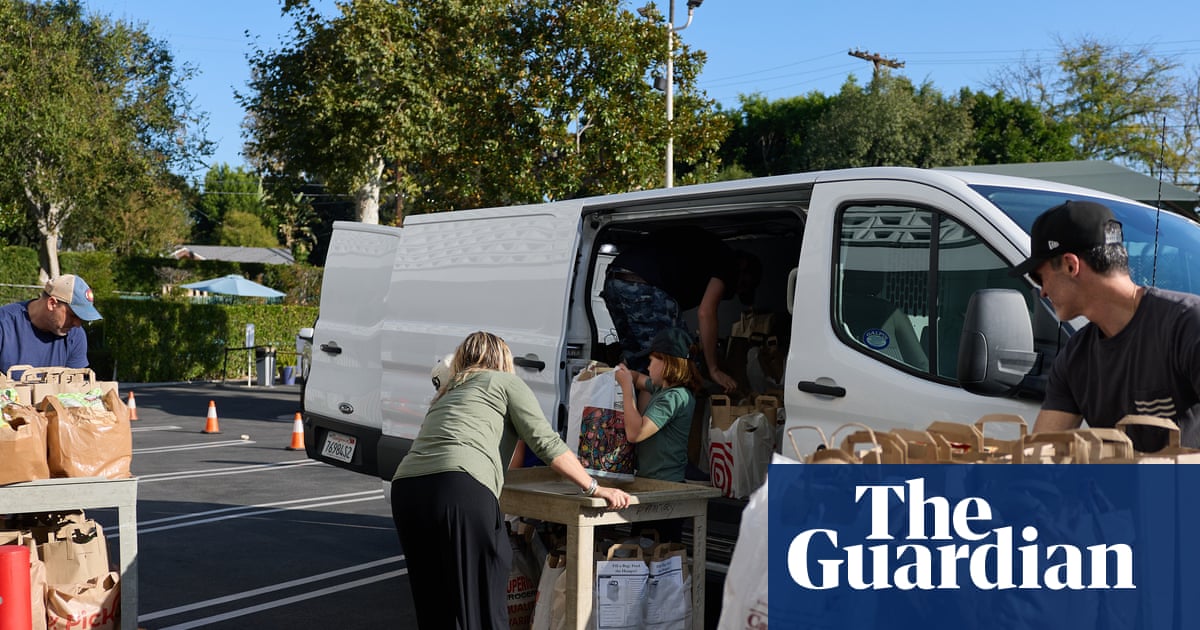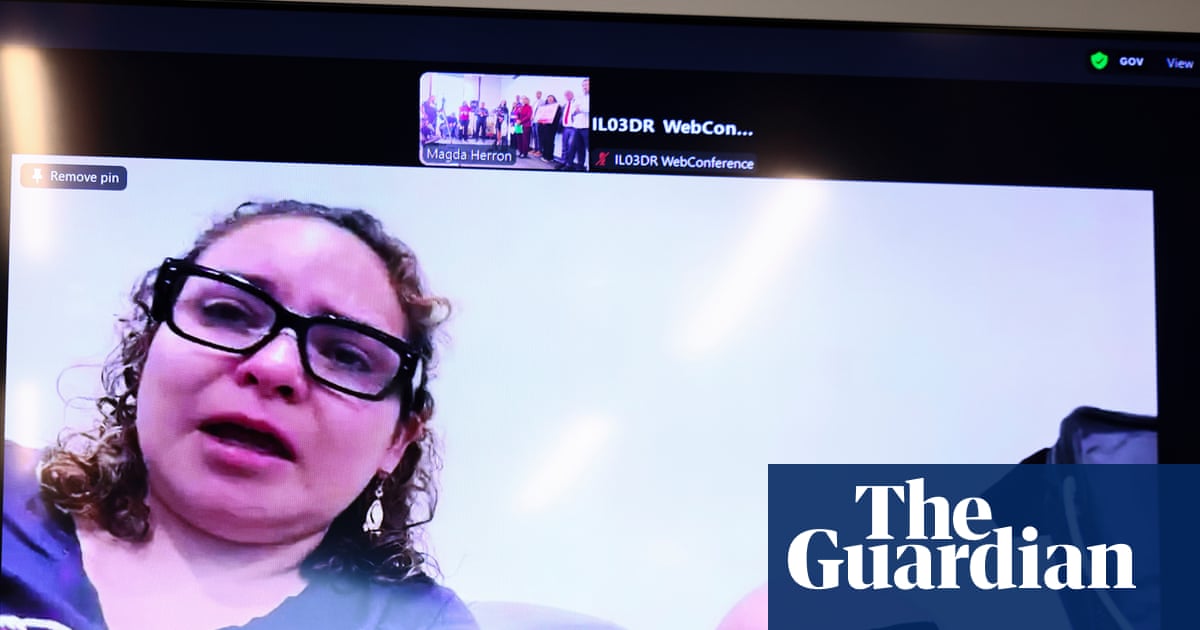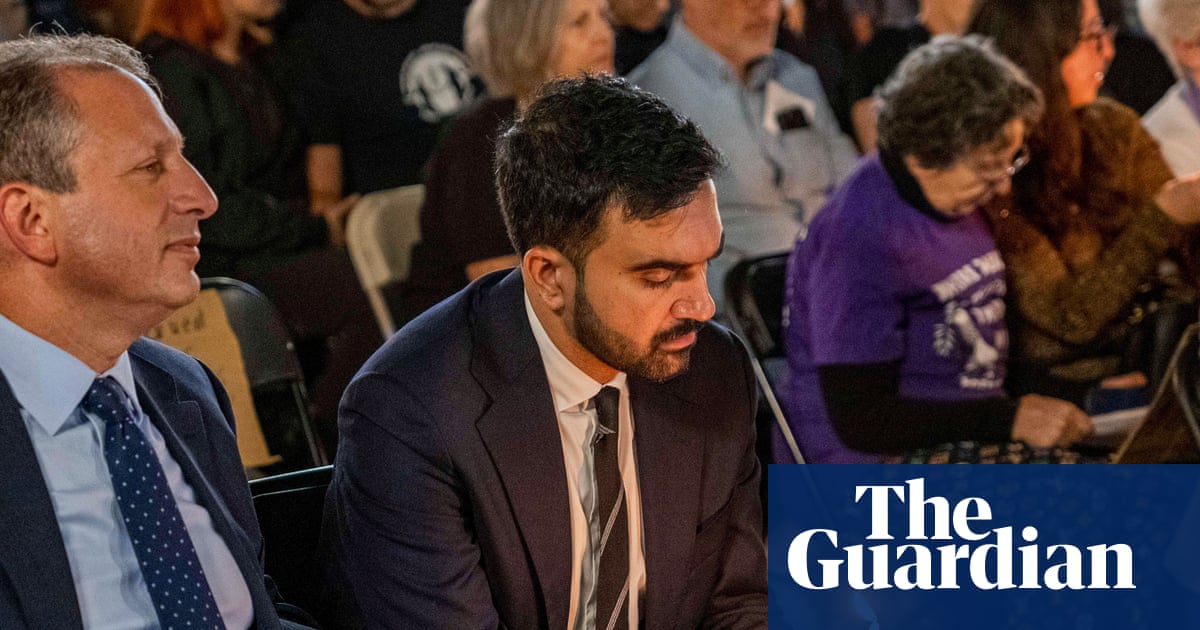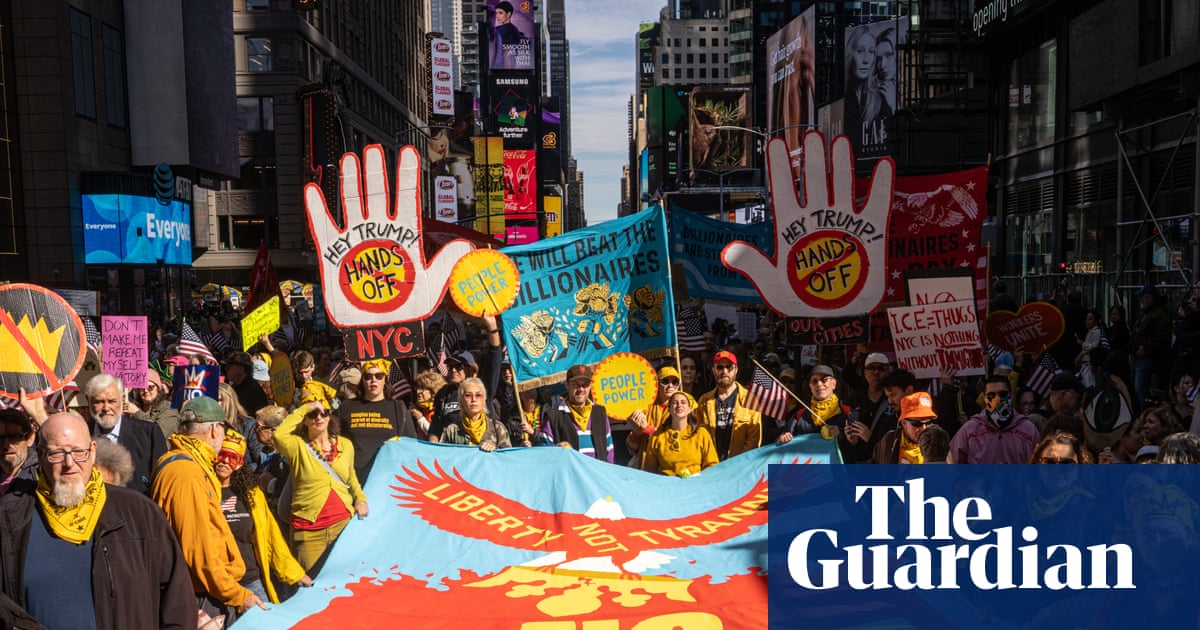The Trump administration has determined the U.S. is in a "non-international armed conflict" with drug cartels it has designated as terrorist organizations, it said in a notification to Congress viewed by CBS News.
The administration delivered the notification after a mid-September strike on an alleged drug boat hailing from Venezuela. It was the second of three publicly disclosed U.S. attacks on boats in the southern Caribbean Sea last month.
The notice calls the three individuals killed by the Sept. 15 strike "unlawful combatants," which is the same term President George W. Bush's administration used to describe Al Qaeda and other terrorist networks. After the terrorist attacks on the U.S. on Sept. 11, 2001, Congress authorized the use of military force against terrorist organizations responsible.
Congress has not authorized the use of military force to target drug cartels.
The New York Times first reported on the notification to Congress.
A White House official said the information was part of a report to Congress required by the National Defense Authorization Act after the U.S. military conducts an attack. The specific notification concerned the strike on Sept. 15 against an alleged cartel boat. The report "does not convey new information," the official said.
The Trump administration has designated several drug cartels and gangs as terrorist organizations, including Venezuela's Tren de Aragua, Mexico's Sinaloa Cartel and El Salvador's MS-13. In the notification to Congress after the Sept. 15 strike, the White House said the drugs smuggled by these cartels kill tens of thousands of Americans each year and constitute an "armed attack" against U.S. citizens. It did not name any specific gangs or cartels.
"Although this strike was limited in scope, U.S. forces remain postured to carry out military operations as necessary to prevent further deaths or injury to American citizens by eliminating the threat posed by these designated terrorist organizations," the notice read.
This notification uses language like "armed conflict" not seen in a previous letter to Congress from the White House that justified the Sept. 2 strike. That notice, which was signed by President Trump and obtained by CBS News last month, was submitted to Congress under a separate requirement.
A screenshot of an alleged Venezuelan drug boat seen in a video posted by President Trump on Truth Social on Sept. 15, 2025. / Credit: President Trump / Truth Social
Asked about the notice, White House spokesperson Anna Kelly said: "As we have said many times, the President acted in line with the law of armed conflict to protect our country from those trying to bring deadly poison to our shores, and he is delivering on his promise to take on the cartels and eliminate these national security threats from murdering more Americans."
Brian Finucane, a former attorney-adviser at the State Department who advised the U.S. government on counterterrorism and the use of military force, said the explanation given to Congress is not enough to justify the administration's actions.
"This justification put out here that the U.S. is somehow in an armed conflict does not do the trick because it's not supported by the facts," Finucune said in an interview. "There has been no armed attack on the United States."
Some members of Congress have also questioned the legal justification for the three boat strikes. The administration has said little about who was in each boat or what drugs were on board. Mr. Trump has alleged the first two boats — including the one hit on Sept. 15 — hailed from Venezuela, but didn't specify a country of origin for the third strike.
The initial strike on Sept. 2, killed 11 people, according to a post on President Trump's Truth Social, which didn't include details about what drugs were on board.
When asked what legal authority the Pentagon used to justify the strike, Defense Secretary Pete Hegseth told reporters traveling with him to Fort Benning, Georgia, "We have the absolute and complete authority to conduct that," without citing any specific legal justification.
"If foreign terrorist organizations are poisoning people with drugs from drug cartels, it is no different from Al Qaeda, and they'll be treated as such." Hegseth said.
Since then, the U.S. military has struck two more alleged drug boats, one on Sept. 15, killing three people, and another on Sept. 19, killing another three, and has threatened further strikes.
After the initial strike, Republican Sen. Rand Paul of Kentucky had an online dispute with Vice President J.D. Vance about the actions — and the lack of information from the administration.
"I'm just disappointed that, you know, the leaders of a country like ours that is famous for having due process for trying to make sure that the innocent aren't harmed in any way would glorify the idea of killing people without any sort of evidence presented as to who they are," he told reporters on Capitol Hill.
The strikes come amid growing tensions between the Trump administration and the government of Venezuelan President Nicolás Maduro, whom the U.S. has accused of collaborating with gangs — a charge Maduro's regime denies.
Maduro said earlier this week he is considering declaring a state of emergency in response to U.S. "aggression," following the boat strikes and a deployment of several U.S. Navy vessels off the waters of Venezuela.
Separately in March, the White House invoked the 1798 wartime Alien Enemies Act against Tren de Aragua, accusing its members of engaging in "irregular warfare" against the U.S. "both directly and at the direction, clandestine or otherwise, of the Maduro regime in Venezuela." The administration has controversially tried to use the law as a rationale to rapidly deport accused Tren de Aragua members, in some cases sending them to a Salvadoran prison.
Reporter's Notebook: Jane Goodall's legacy
Breaking down new report on extremist political violence
Residents find toxic lead levels in soil after California wildfires

 German (DE)
German (DE)  English (US)
English (US)  Spanish (ES)
Spanish (ES)  French (FR)
French (FR)  Hindi (IN)
Hindi (IN)  Italian (IT)
Italian (IT)  Russian (RU)
Russian (RU) 
























Comments